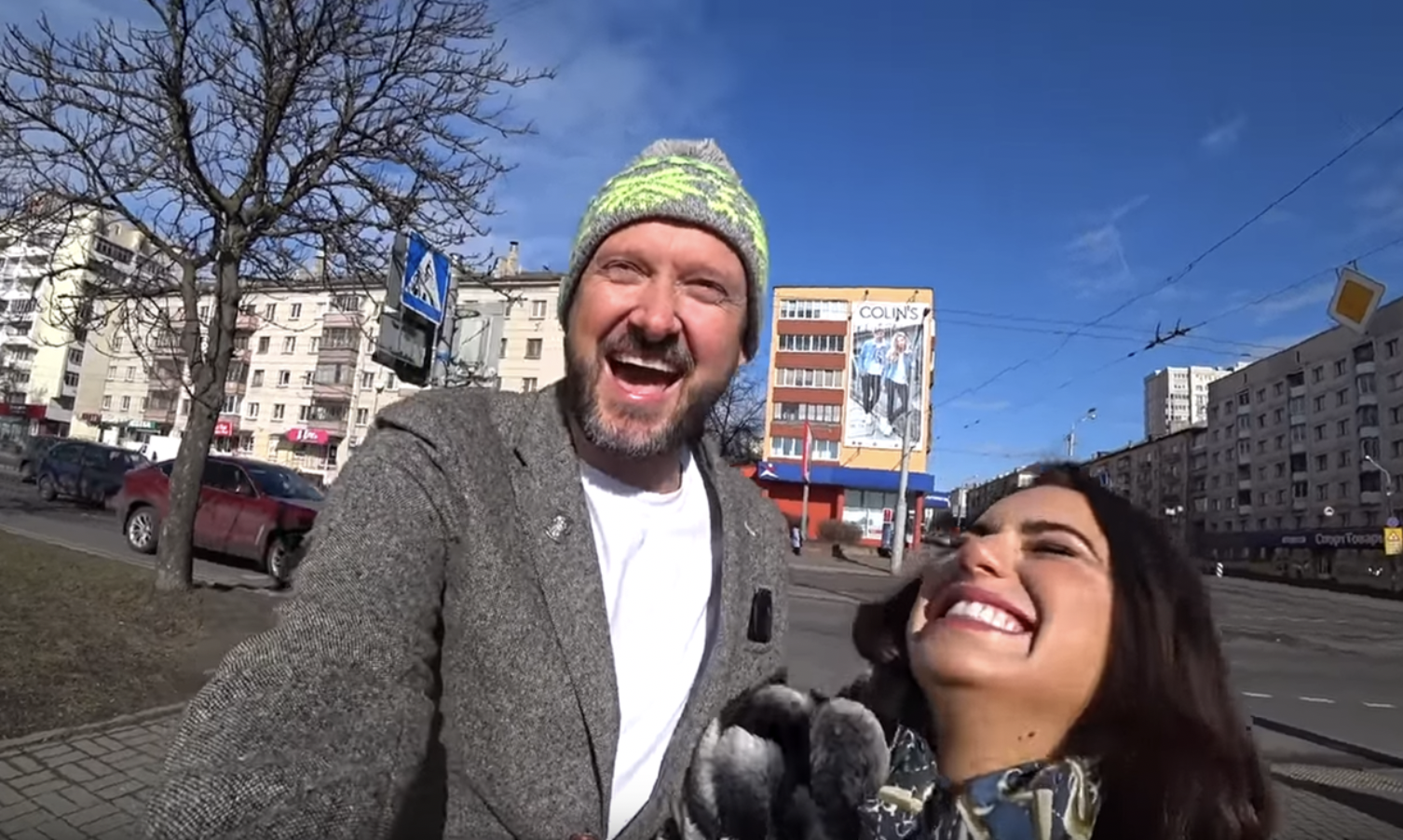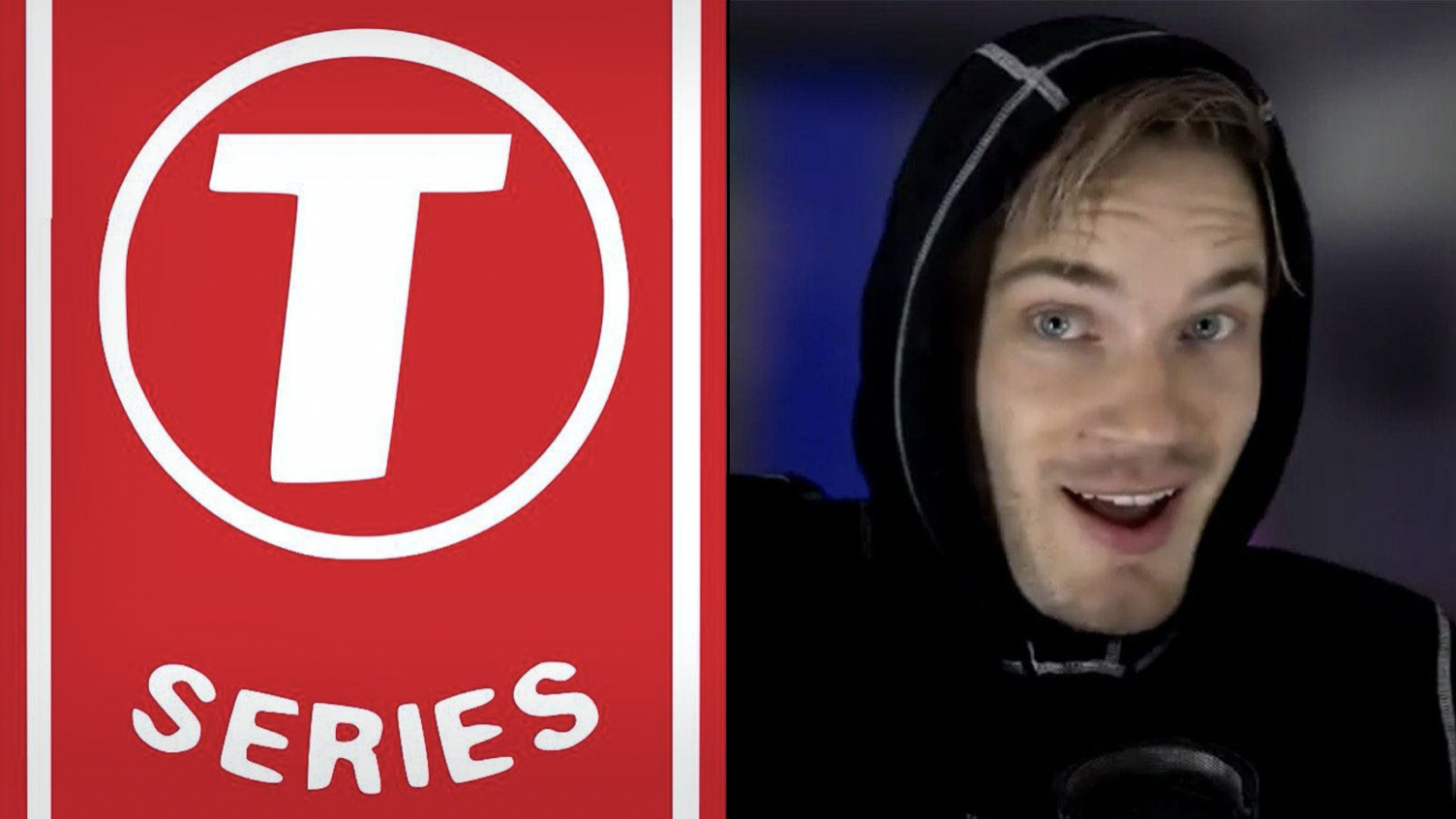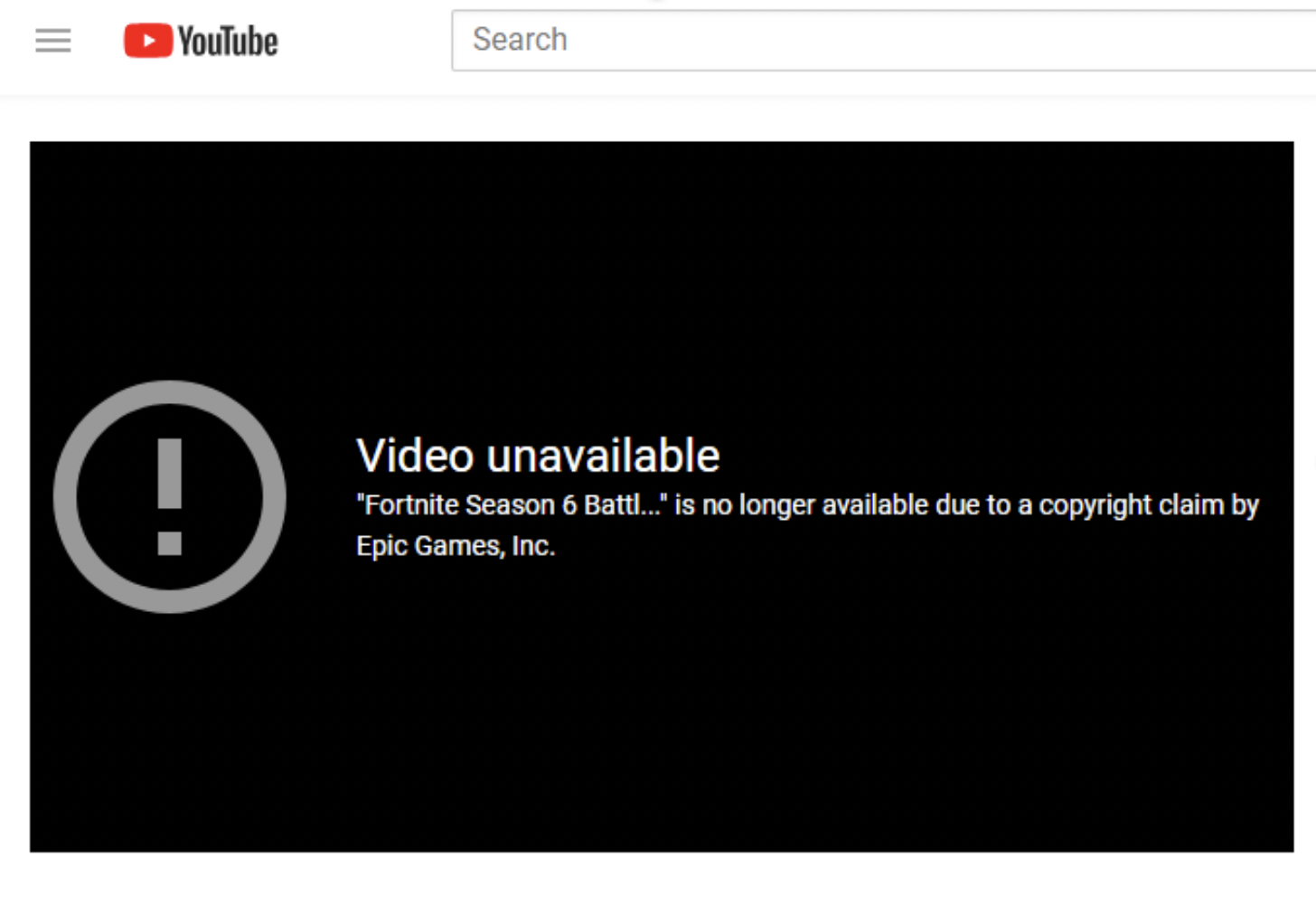The Communication Revolution
This week's Viewer essay: on the beautiful anarchy of new media.
What writing would you like to read from the Viewer? All suggestions much appreciated. Let us know at editors@theviewer.is
Andy Milonakis is an "IRL" (In Real Life) Twitch streamer. Every morning he turns on the camera, and thousands of Twitch viewers watch him go about his daily activities -- playing video games, cooking, going on walks. Sometimes he has awkward encounters. Sometimes very little happens.
It doesn't matter. The value of the stream is rooted in its nature as a window into the life of a stranger -- what he happens to do on any given day isn't as important. Milonakis's viewers want to see footage that is not manufactured, a form of communication that reflects lived experience.
This phenomenon is emblematic of a larger overturn of top-down media. Through the internet, a vast market has opened up for direct or "IRL" communication -- entertainment that is not manufactured by those in power. The 21st century is the age of the Communication Revolution.
YouTube is, for me, the most radical example of this new ecosystem. Facebook may the most widely used internet platform, but it is most often used for communication between close acquaintances, which makes it surprisingly congruous with the rest of history (the average person living in a village in the 13th century has the same basic ability to keep in touch with their family and friends that a 2020 Facebook user does). Twitter limits its communication to 280 characters, so its content is pretty surface-level. Instagram is mostly filled with vacations, meals, selfies, and various other vanity displays.
YouTube, however, has few limits. One can upload videos up to 12 hours long. Long-form videos are able to eclipse what images and text can achieve alone. YouTube's content has never, like Facebook, congealed around a single purpose; one can find videos about anything under the sun. Self-help, music, movies, comedy, vlogs, news, video essays, sports. It is a vast Library of Alexandria, the kind of world wonder that would have attracted thousands of foreign visitors centuries ago. Now, it is all available with a single click.
As I write this, the top videos on the Trending page are music videos by the late rapper Juice WRLD and singer Dixie D'Amelio, a trailer for the Amazon Prime show The Boys, and a news story about the death of actress Naya Rivera. The true heart of YouTube, however, is content produced by oddballs and amateurs. To get to the core of its chaotic democracy, one must look past the corporate facades of the Trending page.
Bald and Bankrupt is an English travel vlogger with 1.96 million subscribers. He travels the world, particularly the ruins of post-Soviet states like Russia, Belarus, and Ukraine, and the slums of India. On a handheld camera, he addresses the viewer with frankness and rough humor, often landing himself in sticky situations. During a recent vlog in Belarus, he is stopped by a government official; he jokingly dismisses her questions and climbs into his car, quipping, “Crikey, what a start to the day -- the KGB chick’s on to me already! We need to get out of here!” He allows his audience to travel the world as it really is, not as part of a pre-arranged vacation package. The rawness of his videos could not be matched by a planned BBC travel show.

"Don't Hug Me I'm Scared" is an internet show that began in 2011, with 2.23 million subscribers. Each episode is a ~7 minute animated short about a recurring cast of puppets living through horrifically twisted, violent nightmares and dancing to satirical, Muppets-style musical numbers drenched in existential dread. It is a terrifying and utterly original work of art that could only have been birthed in the anarchy of early-2010s YouTube. The series was recently picked up by Channel 4. However, this isn't a guarantor of further success. For example, NBC recently hired Lilly Singh, a wildly popular YouTuber, as the host of a late-night talk show. The result, "A Little Late with Lilly Singh," has been harshly received, precisely because Singh's quirky comedic sensibilities don't translate to a talk show sound stage with a studio audience. You can't transplant a flower into foreign soil and expect it to blossom.
Bill Wurtz is a singer-songwriter with 3.91 million subscribers, who produces colorful, surreal ruminations on history and everyday life, narrated by his deadpan musical delivery. His most popular video, "history of the world i guess," is exactly what it sounds like -- a humorous history of the world in 19 minutes, punctuated by bursts of spontaneous jazz (“Look who came back to Israel, it’s the Twelve Tribes of Israel! And they believe in God -- just one though. He’s got, like, a ten-step program”). As of July 2020, it has clocked a staggering 92 million views. A recent comment on the video says, "Jokes aside, this video actually helped me pass on my history exam."
The winners and losers of this chaotic habitat are chosen in a process not unlike Darwinian natural selection. Previously, the powerful decided what would benefit the masses; now, the masses select their own entertainment. That is what makes "Don't Hug Me I'm Scared" possible. No executive could have predicted it because nobody could have predicted it. We didn't know we wanted it. In some cases neither did the creators themselves – the beloved channel h3h3productions began as an outlet for a couple to post their brief absurdist sketches and vlogs. They never imagined they would garner seven million subscribers.
The battle between new and old media reared its head in the 2019 “war” to determine if Indian record label T Series would overtake controversial Swedish YouTuber PewDiePie as the most subscribed-to channel on YouTube. PewDiePie had always been the problematic soul of YouTube -- even after seven years on the platform as its most popular creator, he shot his low-budget videos in his room, by himself. T Series, on the other hand, could be seen as a figurehead of old media, a massive corporation that was only gaining subscribers because of its near-monopoly on Bollywood music. The battle was largely symbolic; T Series won in the end, but both enjoyed a massive boost from the publicity. Now, they each have over 100 million subscribers.

That number -- 100 million subscribers -- is staggering. It's sometimes hard to fathom just how popular new media is. The season finale of Game of Thrones, one of the most important television events of all time, garnered around 13 million views, while Bill Wurtz, a man playing an electric piano in his bedroom and ranting about world history for under 20 minutes, got 92 million.
Quibi, a studio-funded mobile app that raised over a billion dollars for its 2020 launch, is currently on track to hit less than 30% of its year-one paid subscriber goal. While founder Jeffrey Katzenberg attributes this failure to the pandemic, I believe a larger trend is at play. Traditional TV shows and other forms of establishment media are all manufactured, doused in three-point lighting and run through intensive VFX -- even when Netflix, HBO and Amazon Prime try to veer away from this artificiality, they are not able to achieve the rush that can only come from direct communication. This market demand, one that YouTube and its neighboring social media sites were designed to satisfy, can only be met with a free and democratized internet.

The rise of mass media in the 20th century led to its centralized, corporate control. The Communication Revolution is nothing less than the conversion of culture back to a spontaneous order. With new media, we have both authenticity and global availability. It's an exciting (and terrifying) new model for human culture. Everybody has access, nobody has control.
Those born before the rise of the Internet often criticize Gen Z for being glued to their screens, isolated from the "real world." But in 2020, we live online, make friends there, fall in love there, work there.
The internet is the real world.
By Abe Callard, Editor of The Viewer